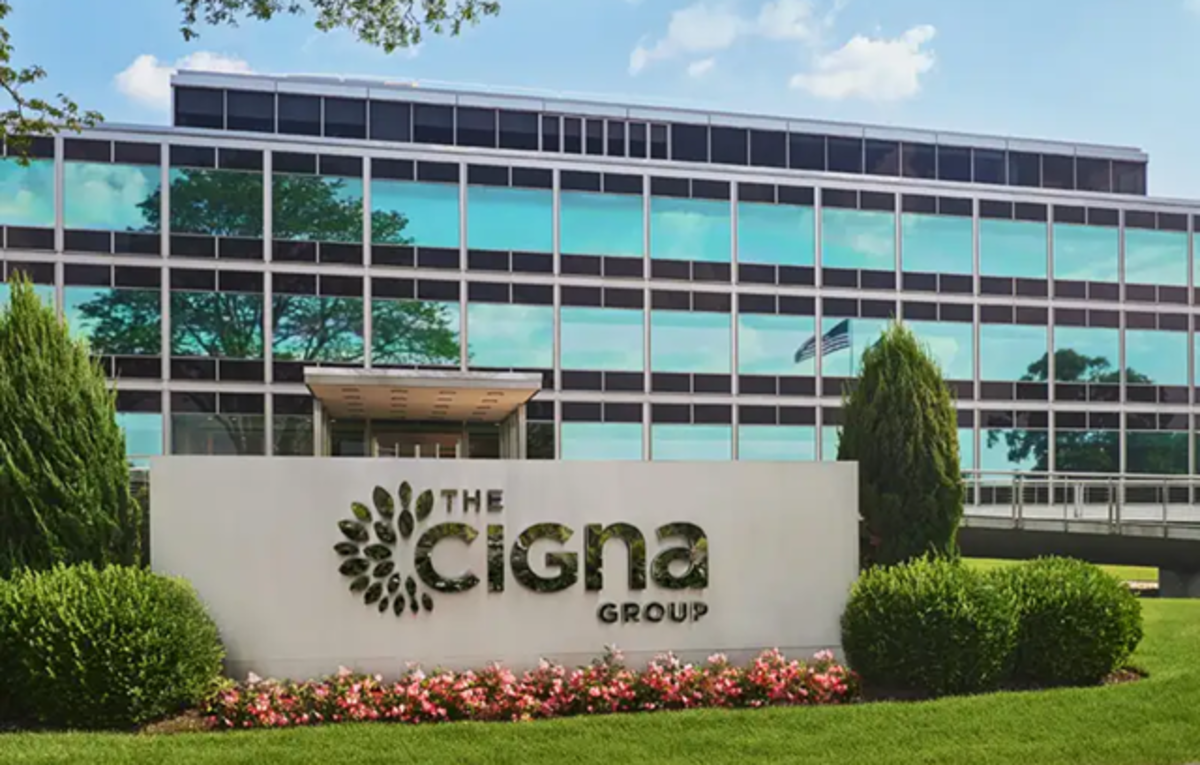Insurers plan to streamline prior authorization by 2027
Health insurance companies across the country have agreed to streamline and simplify the prior authorization process for patients seeking certain medical treatment, according to a nationwide industry trade group.
Cigna, UnitedHealthcare and many other groups are voluntarily taking part in the multiyear initiative, according to America's Health Insurance Plans, a national insurance trade group that pushed for the change.
The move is a welcome sign that health insurers have been listening to their customers complaints, according to patient advocates.
"It's an important first step for the industry to acknowledge, in a serious way, that they have a problem," said Elisabeth Benjamin, vice president of health Initiatives at the Manhattan-based nonprofit Community Service Society of New York.
The streamlining process will include a standardized electronic submission for prior authorization, fewer treatments and medications requiring it and reduced response times.
Prior authorization requires a medical provider to receive approval from an insurer before treating patients or prescribing medication.
Without prior authorization, insurers can refuse to pay for treatment or medication.
The nation's health insurance system is fragmented and outdated, AHIP president and CEO Mike Tuffin said in a news release Monday, "resulting in frustration for patients and providers alike. Health plans are making voluntary commitments to deliver a more seamless patient experience and enable providers to focus on patient care, while also helping to modernize the system."
Leslie Moran, senior vice president at Albany-based insurance trade group New York Health Plan Association, said she considered the announcement "positive news for everybody."
"Prior authorization is often denied because a provider has not provided all of the necessary information," Moran told Newsday on Monday. "It's often something key that the plan needs, and the plan has to follow up and get a request. They follow up to get additional information."
Besides Cigna and UnitedHealthcare, smaller providers, such as HealthFirst, are also involved in the streamlining effort.
Benjamin expressed concern that other large insurers are not on the list of participants. She also said the announcement did not include information on what types of treatment and medication will still require prior authorization.
But Moran said that health care is an evolving process and that clinical criteria changes.
"If you're seeing that something's being approved 99% of the time, that might be a good measuring stick for saying, 'We don't need to prior authorization on this,'" she said.










